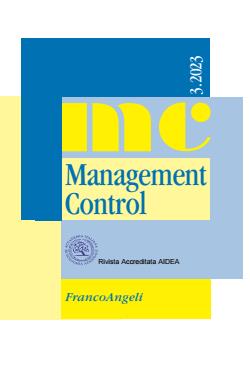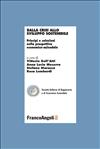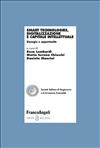
The EU/2014/95 Directive represents a point of discontinuity in corporate report-ing which has produced several effects on corporate practices and communica-tion. Corporate control systems also had to be updated to include financial and non-financial issues such as environmental, social and governance (ESG) issues within the control and reporting mechanisms. Integrated data management can represent a crucial tool for managing the changes in progress and improving per-formance. This study aims to investigate the relationship between integrated data management and corporate reporting by assessing whether the Directive has had an impact on the implementation of integrated systems. The analysis of two virtu-ous cases in the field of sustainability reporting, as well as a public interest entity, highlights the effects of the Directive on corporate control and data management. The findings suggest different effects on companies with different sustainability reporting experience. The study has theoretical and practical implications contrib-uting to the literature about integrated data systems and sustainability reporting.







